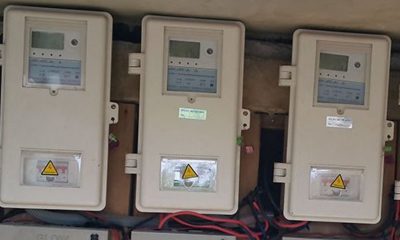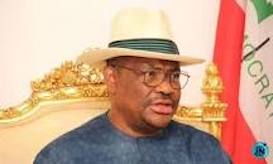BUSINESS
NERC Generates N938.5m from Importers of Generating Sets in 12 Months
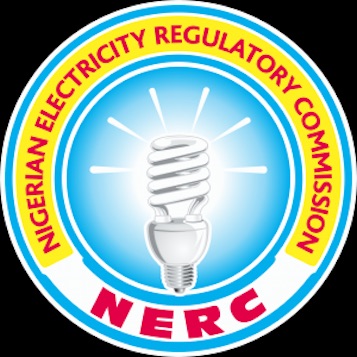
The Nigerian Electricity Regulatory Commission (NERC) generated approximately N938.5 million from fees collected from importers of generators and other internal revenue sources from June 2020 to June
2021, an analysis of the data for the four quarters provided by the industry regulator, has shown.
The Commission had in 2013 introduced a N25,000 charge per unit of 100KVA generator imported into the country in its guidelines for obtaining clearance certificate for the importation of generating sets and related matters.It also fixed a charge of N3,500 per unit of between 25kva and 100kva generators imported into the country, while generators between 5kva and 25kva attract a charge of N1,000 per unit.
Furthermore, it resolved to begin the collection of N250 per unit of between 2.5kva and 5kva, while between 0.45 Kva and 2.5 Kva generators attract a charge of N150 per unit.
The amount collected by NERC is exclusive of duties and other taxes paid by the importers in the country.
Nigeria still relies largely on generating sets to power its over $400 billion economy.
The Lagos State government had in October 2021 revealed that as a result of the country’s inefficient and over-centralised electricity supply system, residents of the state alone, generated over 4,500MW daily through the use of generators.
Details of the financial position of the NERC showed that in the second quarter (Q2) of 2021, the IGR from fees arising from the importation of generator sets , licence processing and licencing fee was N431 million.
A breakdown of the amount showed that N20.23 million was generated in April, N160.79 million in May and N250.25 million in June of that year.
Furthermore, in the first quarter of 2021, NERC raked in N126.53 million, broken down into N50.80 million, N28.13 million and N47.60 million in January, February and March, respectively.
An analysis of the last six months of 2020 showed that in the third quarter of 2020, covering July, August and September, the industry regulator made N276.31 million from the same sources, segmented into
N71.10 million, N111.11 million and N94.10 million, in the three months.
Similarly, in the last three months of 2020, NERC raked in N104.88 million from import fee imposed on the sale of generating sets, among others.
However, the total operating levy received from market charges were N4.868 billion for Q2,2021 and N5.061 billion for Q1,2021. Total revenue for the period was N5.299 billion and N5.18 billion respectively, with personnel cost gulping N1 billion and N1.88 billion respectively.
Before then, in the last six months of 2020, operating levy was N2.64 billion for Q3 and N2.19 billion for Q2, with personnel cost standing at N843 million and N1.17 billion for the two quarters.
But the commission’s total expenditure profile for the period was N6.1 billion shared into N1.6, N1.0 billion, N2.0 billion and N1.44 billion for the period spanning June 2020 to June 2021.
“During the quarter under review (Q2,2021), the total revenue realized by the commission was N5.30 billion, about 2.12 per cent higher than the N5.19 billion revenue realised in the preceding quarter.
“There was a 230 per cent rise in other internally generated revenue while the operating levy (i.e., market charges) recorded a decline of 3.75 per cent.
“The higher revenue recorded in 2021/Q2 was partly due to the recovery of outstanding licencing fees and the fund released from the statutory budget for capital project.
“During the same period, the total (capital and recurrent) expenditure of the commission stood at N1.44 billion which is lower than the N2.01 billion incurred during the first quarter of 2021,” NERC stated.
For Q3, 2020, it pointed out that the total revenue that accrued to the commission was N2.93 billion, representing an increase of 31 per cent from the revenue recorded in the second quarter and a decrease of 10 per cent from the revenues recorded in the first quarter. (Agency Report)
Economy
Trade Tensions: Global Economy Stands at Fragile Turning Point -UN
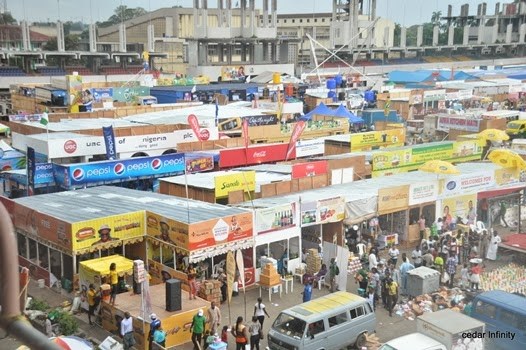
The UN Department of Economic and Social Affairs (UN DESA) has said that the global economy stands at a fragile turning point amid escalating trade tensions and growing policy uncertainties.UN DESA, in a report published on Thursday, stated that tariff-driven price pressures were adding to inflation risks, leaving trade-dependent economies particularly vulnerable.
It stated that higher tariffs and shifting trade policies were threatening to disrupt global supply chains, raise production costs, and delay key investment decisions – all of this weakening the prospects for global growth. The economic slowdown is widespread, affecting both developed and developing economies around the world, according to the report.For instance, in the United States, growth is projected to slow “significantly”, as higher tariffs and policy uncertainty are expected to weigh on private investment and consumer spending.Several major developing economies, including Brazil and Mexico, are also experiencing downward revisions in their growth forecasts.China’s economy is expected to grow by 4.6 per cent this year, down from 5.0 per cent in 2024. This slowdown reflects a weakening in consumer confidence, disruptions in export-driven manufacturing, and ongoing challenges in the Chinese property sector.By early 2025, inflation had exceeded pre-pandemic averages in two-thirds of countries worldwide, with more than 20 developing economies experiencing double-digit inflation rates.This comes despite global headline inflation easing between 2023 and 2024.Food inflation remained especially high in Africa, and in South and Western Asia, averaging above six per cent. This continues to hit low-income households hardest.Rising trade barriers and climate-related shocks are further driving up inflation, highlighting the urgent need for coordinated policies to stabilise prices and protect the most vulnerable populations.“The tariff shock risks hitting vulnerable developing countries hard,” Li Junhua, UN Under-Secretary-General for Economic and Social Affairs, said in a statement.As central banks try to balance the need to control inflation with efforts to support weakening economies, many governments – particularly in developing countries – have limited fiscal space. This makes it more difficult for them to respond effectively to the economic slowdown.For many developing countries, this challenging economic outlook threatens efforts to create jobs, reduce poverty, and tackle inequality, the report underlines. (NAN)Agriculture
NNPC Foundation Reiterates Commitment to Ensuring Food Security

The Nigerian National Petroleum Corporation (NNPC) Foundation has renewed its commitment to ensuring food security in the country.
Mrs Emmanuella Arukwe, Managing Director, NNPC Foundation, said this on Wednesday in her remarks during the training of vulnerable farmers in Akwa Ibom.
Arukwe said that 6, 000 farmers across the country would be trained on modern farming methods and market access strategies to boost food production in the country.
Arukwe, who was represented by Dr Bala David, Executive Director, Programme Development and Coordinator, NNPC Foundation, added that the Foundation was dedicated to implementing impactful programmes that aligned with national priorities.
She said that more than 500 farmers in Akwa Ibom were trained by the NNPC Ltd Agricultural Training Initiative for Vulnerable Farmers on modern methods and strategies to boost food production.
Arukwe added that the farmers were drawn from the state’s 31 local government areas to participate in the training to equip them with techniques and market access strategies to add value to their businesses.
“This programme is a testament to our unwavering commitment to food security, economic empowerment and national development.
“As the corporate social responsibility arm of NNPC Ltd, the Foundation is dedicated to implementing impactful programmes that align with national priorities.
“This initiative is part of our broader efforts to support the Federal Government’s agricultural transformation agenda, which seeks to enhance food security, increase productivity, and improve the livelihoods of smallholder farmers.
“Our goal is to equip every participant with the tools, knowledge, and resources needed to transition from subsistence farming to commercial-scale production,” Arukwe said.
In her remarks, Dr Offiong Offor, Commissioner for Agriculture and Rural Development, Akwa Ibom, thanked NNPC for the initiative to equip farmers with knowledge on modern farming.
Offor, represented by Dr Atim Okoko, Permanent Secretary, Ministry of Agriculture and Rural Development, said that a nation that trained farmers was a nation that would not go hungry.
“I want to express the state government’s appreciation to NNPC for mounting this laudable programme.
“A nation that starts to train farmers, a nation that starts to look at farmers will never go hungry.
“In this season that our President Bola Tinubu has come up with his Renewed Hope Agenda, everything is to end hunger in Nigeria,” Offor said.
The commissioner added that the programme came to complement what the state government was doing to ensure food sufficiency.
Responding on behalf of farmers, Mr Bassey Inwang, State Chairman, All Farmers Association of Nigeria (AFAN) said farmers in the state were so grateful for the training.
Inwang said the training would boost food production in the state, as the farmers would apply the knowledge gained on their farms for increase in yields.
He said, “We want to tell you that we will not take this training for granted, we will apply it properly on our farms.” (NAN)
Agriculture
FG Trains 120 Youths On Poultry Farming In Plateau
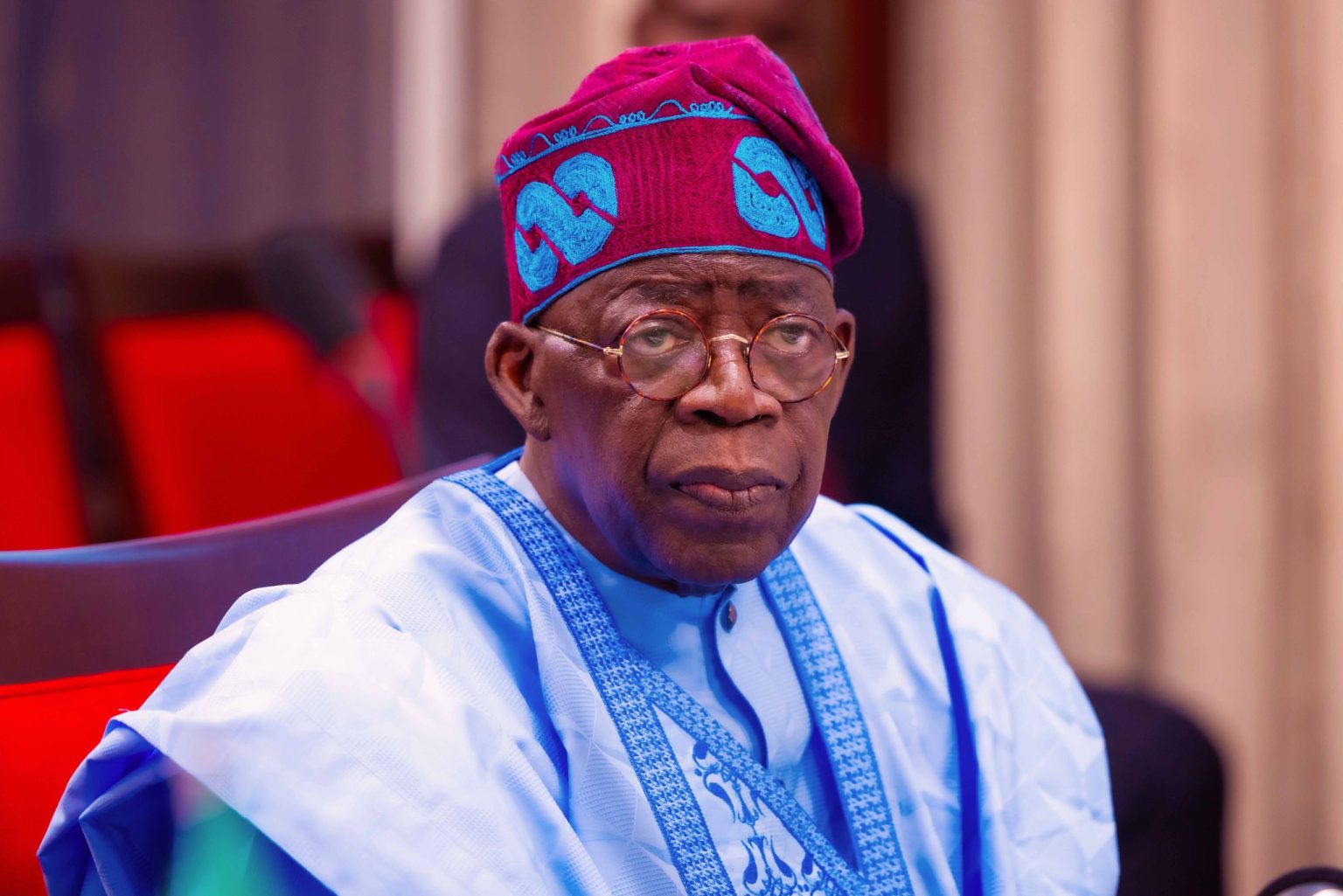
The Federal Government has commenced free six months training for 120 Plateau youths on poultry farming.
The training is through the National Youth Skills Acquisition Fund (NYESAF), under the Innovation, Development and Effectiveness in the Acquisition of Skills (IDEAS) Project.
Dr Daniel Jarafu, Chief Executive Officer (CEO) VetVille Nigeria Limited, one of federal government’s training service providers in charge of the training, said this on Saturday in Jos, at the flagoff of the programme.
Jarafu, said the project was a deliberate effort by the federal government to empower youths with skills that would make them skillful, self sufficient, employers of labour and in turn, boost economic growth of the nation.
According to him, the six months training is segmented into three months theoretical and three months practical aspects .
He further explained that at the end of the programme the trainees would sit for the National Skills Qualifications (NSQs) examination to earn a national certification which would be equivalent to certification earned in the formal education system.
Earlier, Prof. Arhyel Balami, the Guest of Honour, said the initiative by the federal government was highly laudable as it would lead to the empowerment of youths with hands on agricultural skills that would make them productive with sustainable livelihoods.
Balami, urged the trainees to make the best use of the training by being diligent, showing up and paying rapt attention during the course of the training.
The News Agency of Nigeria (NAN) reports that NYESAF is to train 75,000 youths nationwide, with the aim of enhancing job creation, entrepreneurship, and economic independence among young Nigerians.
NAN further reports that initiative underscores the government’s commitment to equipping youths with essential skills to drive economic growth and self-sufficiency

